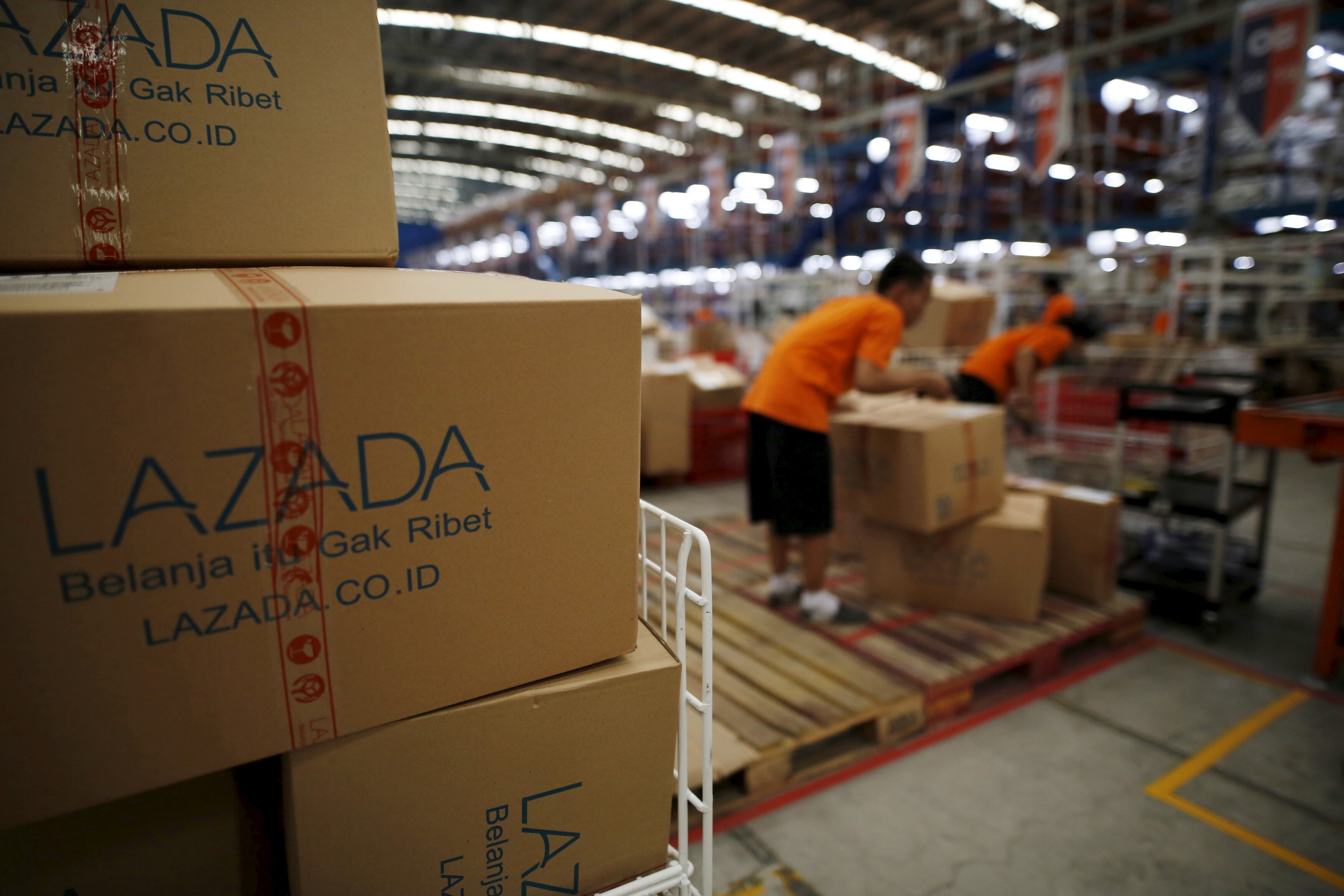NAFTA is turning 25. Let's appreciate it - and modernize it

The art of negotiation: Canadian, Mexican and US foreign secretaries meet in Mexico Image: REUTERS/Henry Romero
The art of negotiation is so important – harmonizing different points of view, experience and needs is a challenging task. As the CEO of a global business, I know a thing or two about negotiation and compromise, as well as the resulting benefits.
Negotiators from the US, Canada and Mexico have resumed talks to modernize the North American Free Trade Agreement (NAFTA). While talks are proving to be difficult in some areas, testing our ability to compromise, we believe there are greater benefits for all.
NAFTA is a necessity for our country to continue to be globally competitive. The modernization of NAFTA is key, not only to competitiveness, but also to growth, particularly for small- and medium-sized businesses.
As the CEO of UPS, I’m proud to lead a company that fuels the engine of global trade. UPS moves 6% of the US’s and 3% of the world’s GDP.The company has grown from a small business in Seattle run out of a basement to the $60-plus billion global company we are today. We operate in more than 220 countries and territories.
We have seen firsthand the positive impact of trade agreements – as our export volume to the partner country has grown on average 20% following the implementation of each trade agreement with the US. Export growth stimulates investment in both countries, and that creates well-paying jobs at home and abroad.
The statistics about how NAFTA has benefited the US are tangible. Trade with Canada and Mexico supports 14 million American jobs. Trade with Canada and Mexico has also nearly quadrupled to $1.3 trillion since 1994, with the two countries buying more than one-third of US merchandise exports and 68% of inputs for US-produced goods coming from the pair.

The ability to trade freely with Canada and Mexico benefits not only large companies like UPS, but more than 125,000 small- and mid-sized businesses that export to our North American neighbors. Cross-border trade will continue to grow as more women, small businesses and rural communities use e-commerce to reach new overseas customers.
NAFTA was instrumental in turning North America into the world’s largest free trade area. But as with any agreement written a quarter-century ago, NAFTA needs updates to reflect the 21st-century economy. The internet only took off after NAFTA was enacted, and the pace of change has only accelerated in the years since.
During the course of my 40-year career, I’ve seen the emergence of many disruptive technologies – everything from e-commerce and advanced manufacturing to the Internet of Things. We can’t backtrack now on a trading relationship to which we owe a great deal of our success – not with other countries in Asia and Europe threatening to pass us by.
Instead, we need to harness the collective resources of our North American neighbors and leverage the opportunities that the new technologies create.
The US is already on top, but we cannot maintain that position of economic strength without adapting to and harnessing the advantages our two largest trading partners provide, as we simultaneously leverage the opportunities offered by technological innovation to grow more together.

NAFTA has irreversibly integrated the economies of Canada, Mexico and the United States. The benefits have far outstripped any negative impacts among the parties, which we can and should address. But, overall, it’s been a win-win-win.
North America is a global powerhouse when we combine the capabilities of the US, Mexico and Canada. Separately and without NAFTA, the US stands to lose more than an estimated $15.5 billion in taxes or tariffs. Regional integration through NAFTA gives us comparative advantage vis-à-vis other regions everywhere in the world.
The agreement needs modernizing to be more conducive to today’s digitally enabled trade. UPS and other companies seeking to reach customers across North America have much to gain from modernization and much to lose if negotiators are not successful.
Each country must focus on what’s at stake, drawing on the art of negotiation and enlightened self-interest to create a brighter future for us all.
Don't miss any update on this topic
Create a free account and access your personalized content collection with our latest publications and analyses.
License and Republishing
World Economic Forum articles may be republished in accordance with the Creative Commons Attribution-NonCommercial-NoDerivatives 4.0 International Public License, and in accordance with our Terms of Use.
The views expressed in this article are those of the author alone and not the World Economic Forum.
Stay up to date:
United States
Forum Stories newsletter
Bringing you weekly curated insights and analysis on the global issues that matter.







